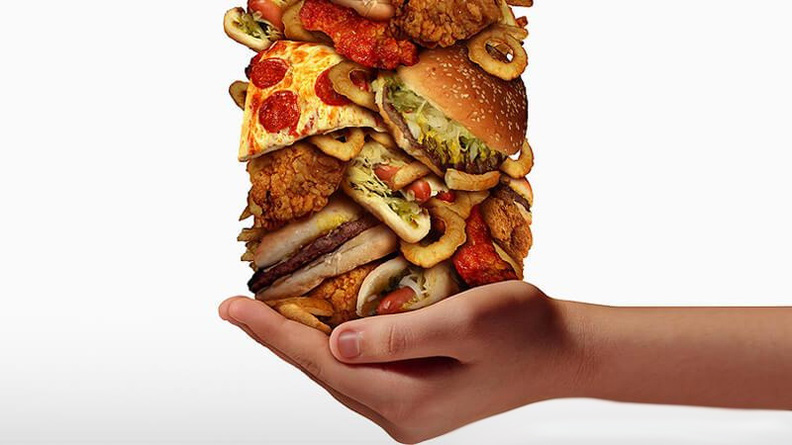In a society where dieting and body image dominate many conversations, a less discussed but equally critical issue emerges—the restrict and binge cycle. This cycle is not just a habit but a complex psychological pattern that can significantly impact one’s relationship with food and overall well-being.
The Vicious Cycle of Restricting and Binging
What is Restricting?
Restricting involves deliberately limiting food intake, either by reducing the overall amount of food consumed or eliminating specific types of food deemed as “unhealthy” or “fattening.” This behavior is often driven by a desire for weight loss or control over one’s body.
What is Binging?
Binging is characterized by consuming large quantities of food in a short period, often to the point of discomfort or sickness. Binges are usually a response to emotional stress, dietary restrictions, or hunger signals, leading to a loss of control over eating behaviors.
This cycle starts with the intention to diet or restrict food intake, which over time leads to intense cravings and eventually giving in to these cravings through a binge episode. The aftermath of guilt and shame then propels the individual back into restriction, perpetuating the cycle.
The Dangers of the Restrict & Binge Cycle
The restrict and binge cycle is harmful both psychologically and physically. It distorts the body’s hunger cues and metabolism, leading to potential nutritional deficiencies and changes in body weight. Psychologically, it can exacerbate feelings of guilt, shame, and loss of control, contributing to the development of eating disorders.
Breaking Free from the Cycle
Overcoming the restrict and binge cycle requires a multifaceted approach that addresses both the physical and emotional aspects of eating.
- Mindful Eating: Reconnecting with your body’s natural hunger and fullness signals is a crucial step. Mindful eating encourages a more harmonious relationship with food, focusing on savoring and enjoying meals without guilt.
- Balanced Nutrition: Adopting a balanced approach to nutrition that includes a variety of foods can help reduce cravings and the urge to binge. Nutrition education and support from a dietitian can be invaluable in this process.
- Emotional Support: Since the cycle is often tied to emotional triggers, seeking support from a therapist specializing in eating disorders or joining support groups can provide the tools and understanding needed to cope with these triggers healthily.
- Challenge the Diet Mentality: Recognize and challenge the thoughts and beliefs that perpetuate the cycle. This includes questioning societal norms around dieting and body image and working towards accepting your body.
- Professional Help: For many, professional guidance from therapists and nutritionists specializing in eating disorders is crucial. They can offer personalized strategies and support to break the cycle and develop a healthier relationship with food.
Healing with Eating Disorder Solutions
Eating Disorder Solutions provides comprehensive care for those struggling with the restrict and binge cycle. With a team of compassionate professionals, they offer personalized treatment plans that include therapy, nutritional counseling, and support groups, aimed at restoring healthy eating patterns and promoting psychological well-being.
If you’re caught in the restrict and binge cycle, remember, you’re not alone. Recovery is possible, and with the right support, you can rebuild a healthy and fulfilling relationship with food. Eating Disorder Solutions is here to guide you through every step of your journey towards recovery.



